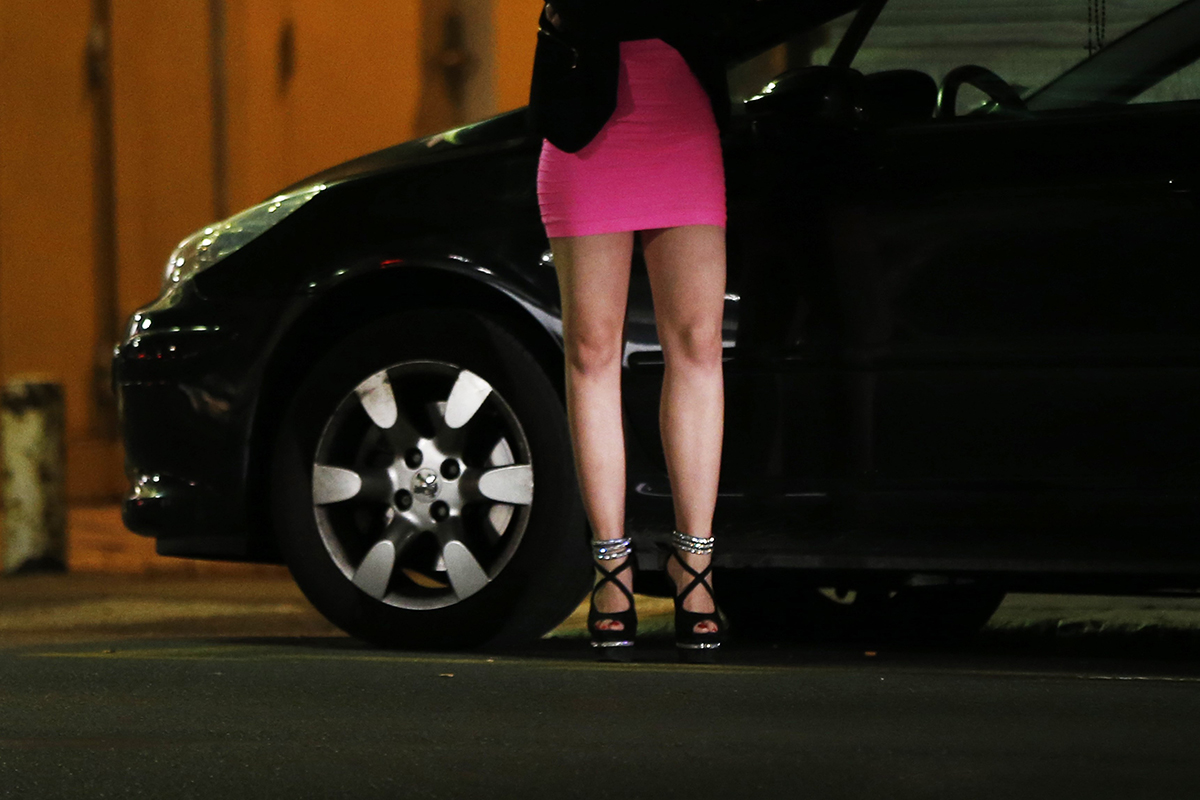EDITOR’S NOTE: This story has been updated to remove the name of one of the accused as charges against them were dismissed.

London police have released the names of four men charged in a sex-purchasing investigation.
It’s the first time officers have done so since announcing a policy decision more than a month ago to publicly release the names of accused individuals in sex-purchasing cases when it’s legally possible to do so.
Officers say they ran a “john sting” at a London hotel on Wednesday night.
During the operation led by the service’s Human Trafficking Unit, police say they arrested four male suspects who allegedly communicated with an undercover police officer to obtain sexual services.
RELATED: London police to name sex purchasers where legally possible
As a result of the investigation, London police say the following individuals have been charged with communication for the purpose of obtaining sexual services in connection with the case:

Get daily National news
- Matthew Fairbairn, 28, of Toronto;
- Pratheepan Ponnuthural, 33, of London;
- Douglas Alexander, 70, of London.
Police say the accused were released from custody and are scheduled to appear in court on future dates to answer to the charges.
RELATED: Teen girl rescued, 2 men charged in London human trafficking investigation
- ‘I couldn’t stop crying’: Memorial grows for 5-year-old boy killed in home
- Hundreds defrauded in door-to-door Ontario scam, Canada-wide warrants issued
- Quebec’s public security minister accuses gangs of using teens ‘to do their dirty work’
- Arrests in Canada part of global takedown of criminal messaging app: police
The decision to name suspects in sex-buying cases was announced at February’s meeting of the London Police Services Board.
“We’ve made a decision to commence a practice on a go-forward basis that where we’re legally able to do so, we will be releasing the names of those individuals that are charged with purchasing sex,” said Chief John Pare at the meeting.
“This is not a choice that you should be doing in purchasing sex and putting these victims at the risk they are facing. We’re trying to use all the tools available to us to combat human trafficking and this is just another step in that direction.”
RELATED: SafeSpace London fears naming johns could increase danger for sex workers
London is considered a hub for human trafficking. Det. David Ellyatt, the head of the London Police Service’s Human Trafficking Unit, said at the time, that’s due in part to the fact that the city is an “island between major centres” like Detroit and Toronto.
He added that Highway 401 serves as a major route for traffickers to move around women and girls, and that there is a large number of hotels near the highway and on the east side of the city.
Reaction to the policy decision was mixed.
SafeSpace London objected to a lack of consultation by police in making the decision, saying officials should have given the organization notice in order to address safety concerns.
The group released an open letter in which it argued that if London police were “sincere in wanting to utilize all the tools available to them to identify and respond to sex trafficking in our community, they would speak with members of SafeSpace London — the only peer-driven, sex worker organization in our city.”
However, executive director of the London Abused Women’s Centre expressed support for the decision, saying it would help drive down demand and is consistent with the protocol for other crimes.
— With files from Jacquelyn LeBel










Comments